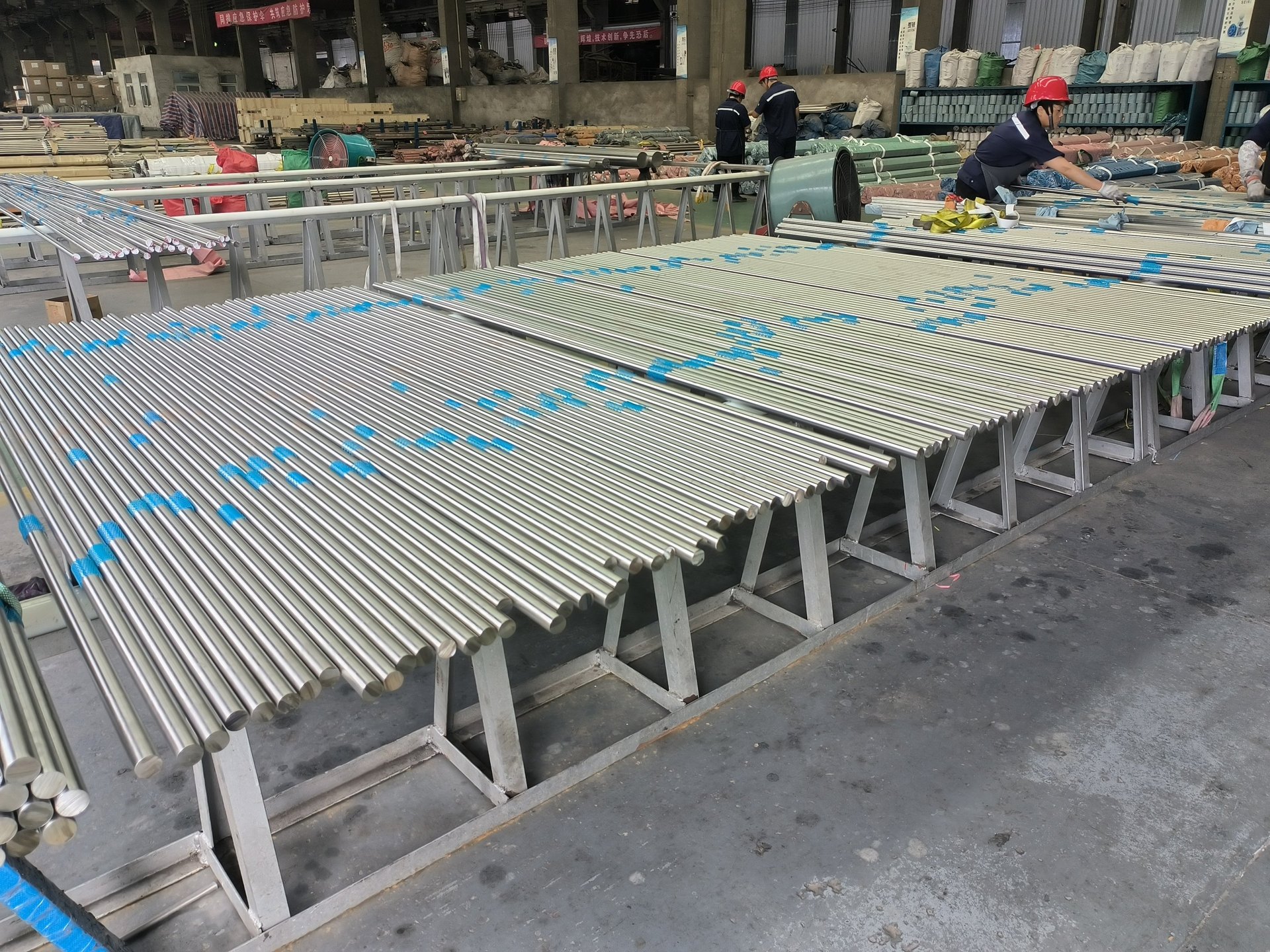
Nickel Alloy Bars Global Supplier
Manufacturing & Solutions
Inconel Alloy / Incoloy Alloy / Others Alloy
Products > Incoloy 330 Bars
PMI STEEL Incoloy 330 alloy is an alloy consisting of nickel, iron, chromium and silicon as an additive. The use of silicon as an additive enhances the oxidation resistance of the alloy. This alloy has good strength at high temperatures and good resistance in both oxidizing and reducing environments. The silicon content enhances its oxidation resistance. The microstructure of the alloy remains stable even after prolonged exposure to high temperatures. It is a useful material for industrial heating furnaces; used in muffle furnaces, retorts, conveyor systems, baskets and boxes, and various fixtures.
Steel Grade:
Alloy 330 / N08330 / Wr. 1.4886, ASTM B564, ASTM B512-2004
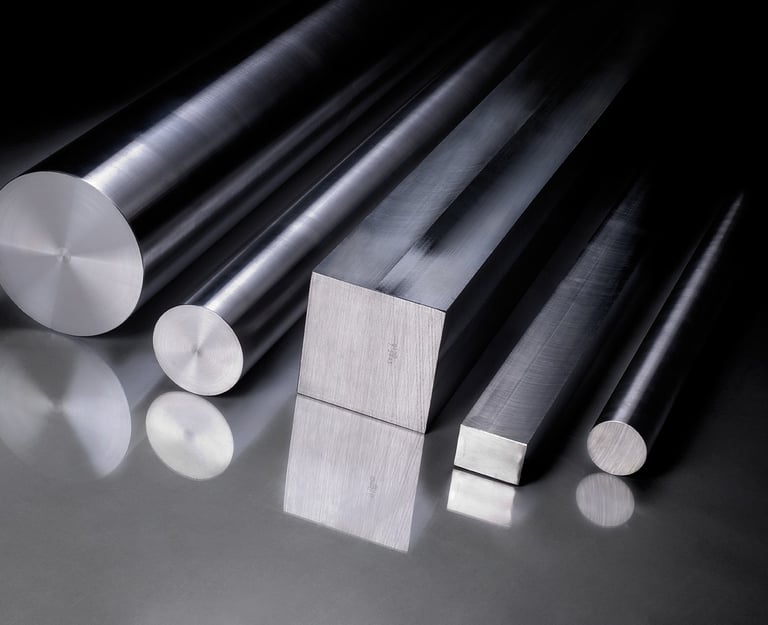

PMI STEEL Incoloy 330 Bar
Nickel Alloy 330 / N0 8330 / Wr. 1.4886

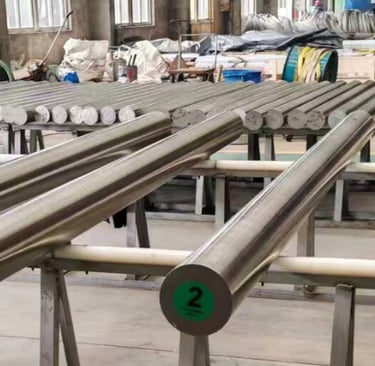
Product Description
PMI Incoloy 330 Bar is a nickel-iron-chromium alloy bar that incorporates silicon to enhance oxidation resistance. It exhibits good high-temperature strength and excellent resistance to carbon infiltration and oxidizing atmospheres. The austenitic structure of the alloy remains stable at elevated temperatures over extended periods. It is suitable for use in industrial heating furnace covers, dry distillers, conveyor systems, and heat treatment baskets and fixtures. Specifically designed for high-temperature and corrosive environments, this product complies with ASTM B564 and ASTM B512-2004 standards, making it widely utilized in the chemical, metallurgical, and energy industries, showcasing outstanding high-temperature and corrosion resistance.
Material Properties
- High-Temperature Performance: This alloy can maintain its mechanical properties and structural stability in environments up to 1100°C, making it particularly suitable for heat treatment furnaces and high-temperature reactors.
- Corrosion Resistance: Specifically designed to resist oxidation and chloride corrosion, it is suitable for applications involving acids, marine environments, and other highly corrosive industrial applications.
- Good Weldability: PMI Incoloy 330 Bar undergoes a specialized smelting process ensuring that no brittle defects occur during welding, making subsequent processing simpler and more reliable.
Main Chemical Composition (Weight%):
- Nickel (Ni): 34% - 37%
- Chromium (Cr): 17% - 20%
- Iron (Fe): Balance
- Silicon (Si): 0.75% - 1.5%
- Manganese (Mn): 0% - 2.0%
Mechanical Properties
- Tensile Strength: ≥ 483 MPa
- Yield Strength: ≥ 207 MPa
- Elongation: ≥ 30%
- Hardness: ≤ 90 HBW
- Impact Toughness: Exhibits excellent impact resistance and maintains good toughness even in low-temperature environments.
Physical Properties
The physical characteristics of the alloy are as follows:
- Density: 8.08 g/cm³
- Melting Point Range: 1370 - 1420 °C
- Thermal Conductivity: 14.0 W/mK (approximately at 20 °C)
- Specific Heat Capacity: 0.9 kJ/kg·K (approximately at 20 °C)
Key Features
- Thermal Stability: Maintains strength at elevated temperatures for extended periods, especially suitable for heat exchangers and chemical reactors.
- Oxidation Resistance: Effectively prevents oxidation above 1000°C, allowing operation in extreme environments.
- Wear Resistance: Surface treatment processes endow this material with excellent wear resistance, extending its service life.
Appearance
- Surface Treatment: The product surface undergoes heat treatment and polishing to ensure a smooth, defect-free finish that meets high industrial application standards.
- Color: Bright silver-gray, showcasing the natural luster of metal and a modern aesthetic.
Packaging Information
- The alloy bars are internally packaged using high-quality moisture-proof materials, then securely sealed in robust wooden crates to withstand impact and crushing during transportation.
- Each wooden crate is labeled with clear details, including the type of alloy, specifications, production batch number, and inspection certification mark.
Product Advantages / Market Advantages
- High-Temperature Capability: Outperforms many other alloy materials in high-temperature environments, effectively reducing equipment failure rates.
- Wide Application Range: Suitable for demands in oil, natural gas, chemical processing, and metallurgy industries, with consistently rising market demand.
- Customizability: Available for customization according to customer specifications for alloy bar size to meet specific application needs.
Product Applications
PMI Incoloy 330 Bar is primarily applied in:
- Chemical equipment (such as reactors and heat exchangers)
- Gas turbine components
- Oil and gas industry (such as platforms and pipelines)
- Aerospace components (such as fuel nozzles)
- High-temperature furnaces and heat treatment equipment
- Mufflers and evaporators, annealing covers, food processing equipment, low-temperature structures
Best-Selling Attributes / Popular Sizes / Specifications
- Popular Specifications: Alloy bars with diameters of 15 mm and 85 mm are the most favored, widely used across various high-temperature applications.
- Custom Services: Production of alloy bars in different lengths and diameters as per customer requirements to meet specific needs.
Comparison with Other High-Temperature Alloys
Compared to other high-temperature alloys (such as Inconel 600 or Hastelloy X), PMI Incoloy 330 Bar offers the following advantages:
- Superior cost-performance ratio, reducing operational costs for enterprises.
- Enhanced machinability and weldability, suitable for large-scale industrial applications.
User Experience
Ahmed K., Operations Director, Middle East Chemicals***
"The corrosion resistance of the nickel alloys we've sourced from PMI is impressive. They not only provide quality materials but also offer great support throughout the purchasing process."
Desciption

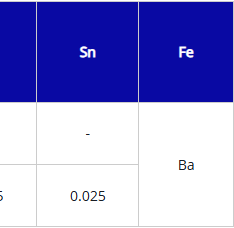
Incoloy 330 Chemical Component

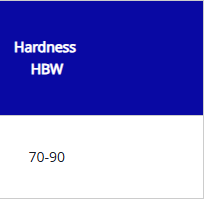
Incoloy 330 Mechanical Properties

Contact Us
Welcome To Us For Further Communication
Foshan PMI STEEL, a distinguished supplier of Nickel Alloy Bars, is committed to delivering top-tier products to our global clientele. Our comprehensive range of nickel alloy bars encompasses industry-leading materials such as Inconel, Incoloy, Hastelloy, and Nitronic, renowned for their superior corrosion resistance and mechanical properties, particularly in high-temperature applications. With a meticulously maintained 1200 sq.m. warehouse, we ensure the availability of standard nickel alloy products, including Alloy 600, Alloy 718, Alloy 800, and Alloy C276, to meet the diverse and time-sensitive needs of our customers.
Email : sales@pmisteel.com
Mobile: + 86 139 2726 3132
© 2020. PMI STEEL . All rights reserved.
Contact
NO.18,Xinye 4 Road, Shunde Distric, Foshan City,Guangdong P.R. China, 528300
Phone : + 86 757 2639 1388


